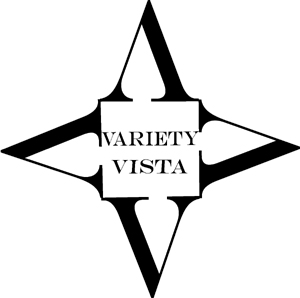
Doubled Die Book
Vol. 5: 2010-2024
CONECA Doubled Die Numbering System
The CONECA die varieties numbering system is proprietary to the
Combined Organizations of Numismatic Error Collectors of America
and is used under license issued by CONECA.
The CONECA doubled die numbering system is made up of five elements: (WH-1-O-II-C)
1. Prefield. Indicates level of die involvement.
Series Doubling (SD) - indicates that the same doubling occurs on more than 1 year on given denomination. The best example is the reverse of the 972-74 and 1977-78 Eisenhower Dollars. Approximately half of the 1972 coins and all the coins of the other dates exhibit a tripled die that can be seen on the designer's initials and the AR of DOLLAR. The same tripled master die was used in successive years.
Master Die Doubling (MD) - indicates that several working dies of a given year and denomination exhibit the same doubling. In the past, this has crossed mint lines to affect coins from all mints. The best example is the 1972 Lincoln cent. Now that mintmarks are being placed on the master dies, it will be more likely that master die doubling will only affect coins from one mint. It is now possible to have master die doubling from two or more mints for a given year and denomination that are not even of the same class, let alone with similar appearance.
Working Hub Doubling (WH) - indicates that several dies of a given year and denomination exhibit the same doubling. In the past, this may or may not have crossed mint lines. Now, because the master die bears the mintmark, it is restricted to one mint.
Proof (PR) - indicates that the doubled die is on a proof coin rather than a circulation or business strike.
2. Die number or listing number. The die number starts at 1 and increments by 1 for each new listing of a date and mintmark for a given denomination. The die number for a master die or a series listing is the same for each mint and year involved.
3. Obverse or Reverse (O, R).
4. Class of doubling in Roman Numerals. Hybrid classes are indicated with a +.
Class I - Rotated Hub Doubling.
Class II - Distorted Hub Doubling.
Class III - Design Hub Doubling.
Class IV - Offset Hub Doubling.
Class V - Pivoted Hub Doubling.
Class VI - Distended Hub Doubling.
Class VII - Modified Hub Doubling.
Class VIII - Tilted Hub Doubling.
5. Where appropriate, the direction of the doubling and the number of hubbings, if more than two.
C - toward the center
CCW - counter-clockwise
CW - clockwise
E - toward the edge
K - clock position for the pivot point
(3) - tripled die
(4) - quadrupled die
(M) - Multiple hubbed die
| While this long hand numbering system has its benefits, most variety collectors use the shorthand notation of DDO-00? or DDR-00?. |